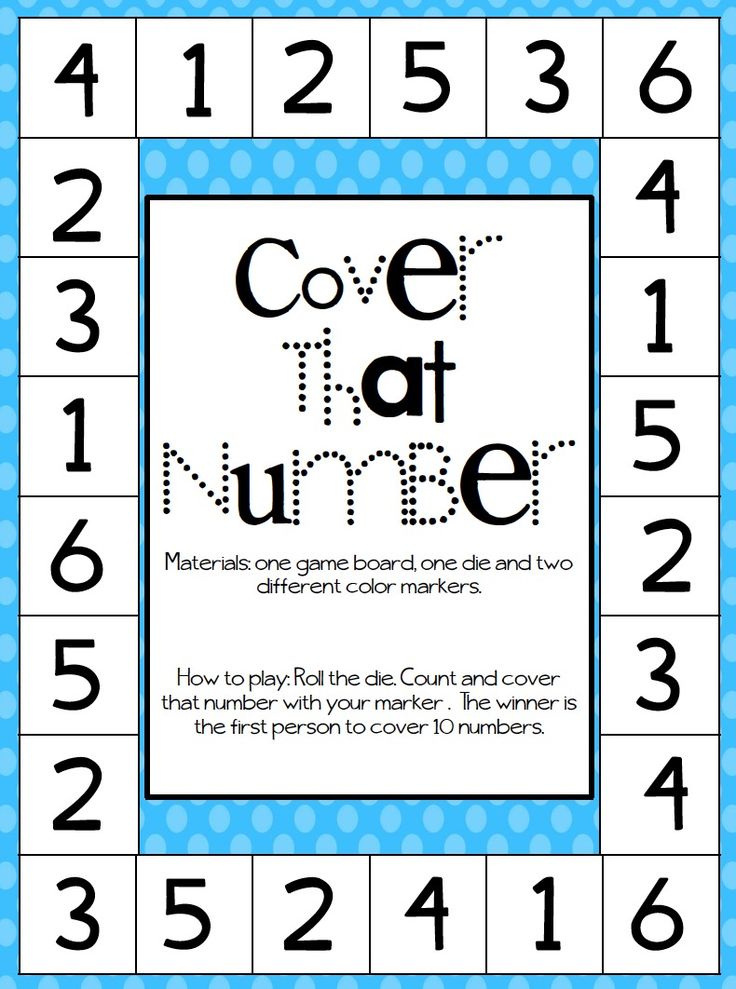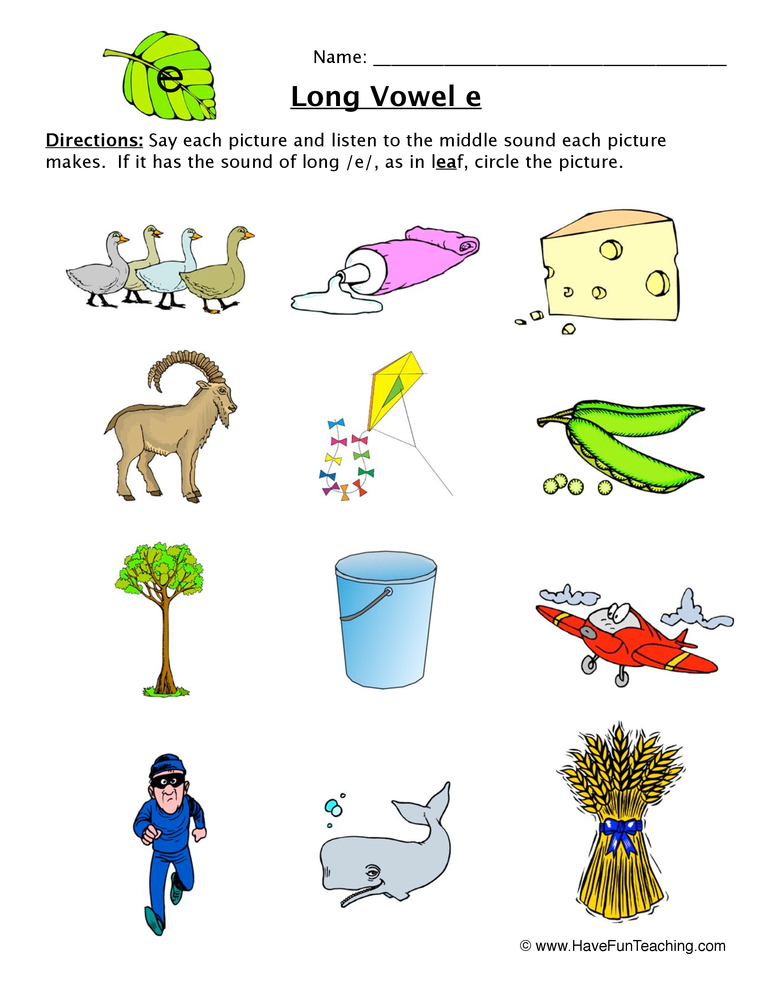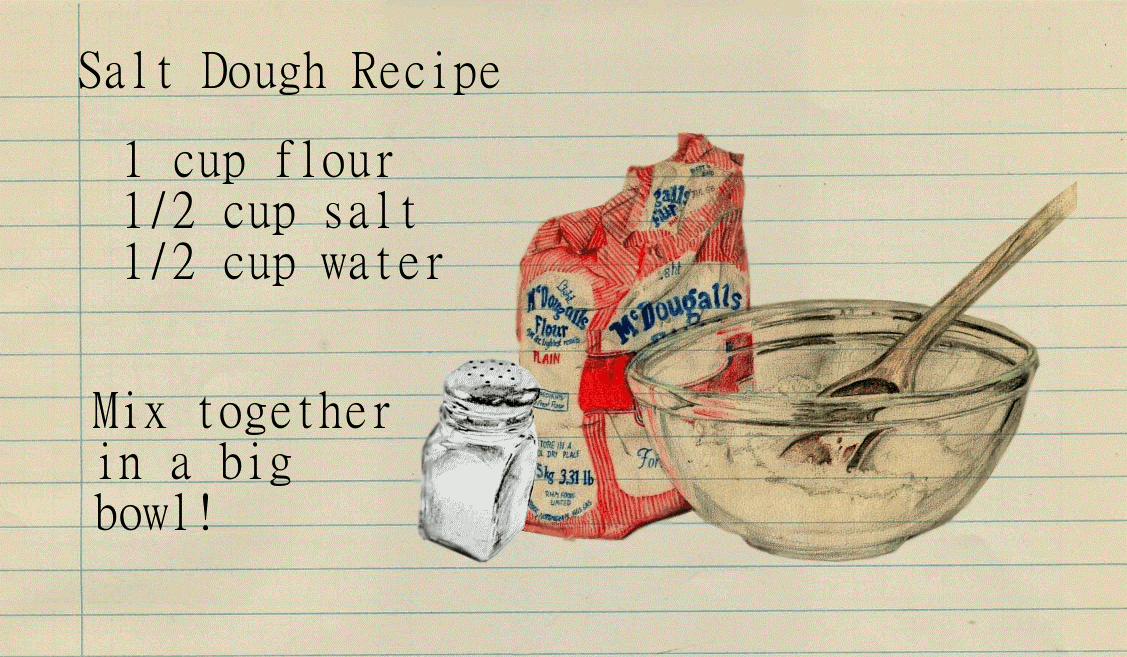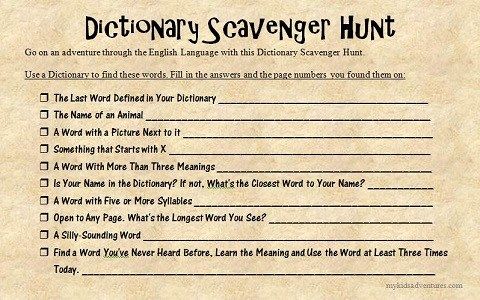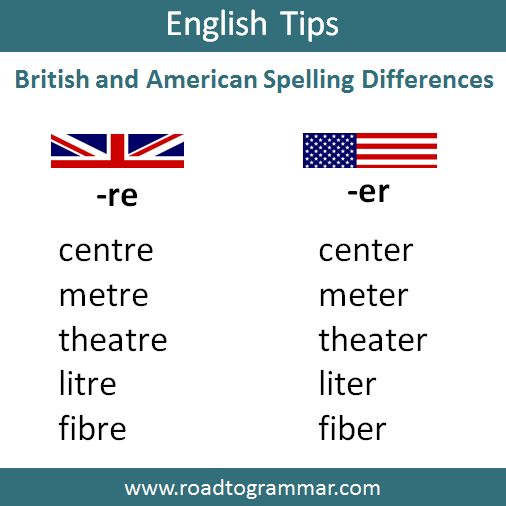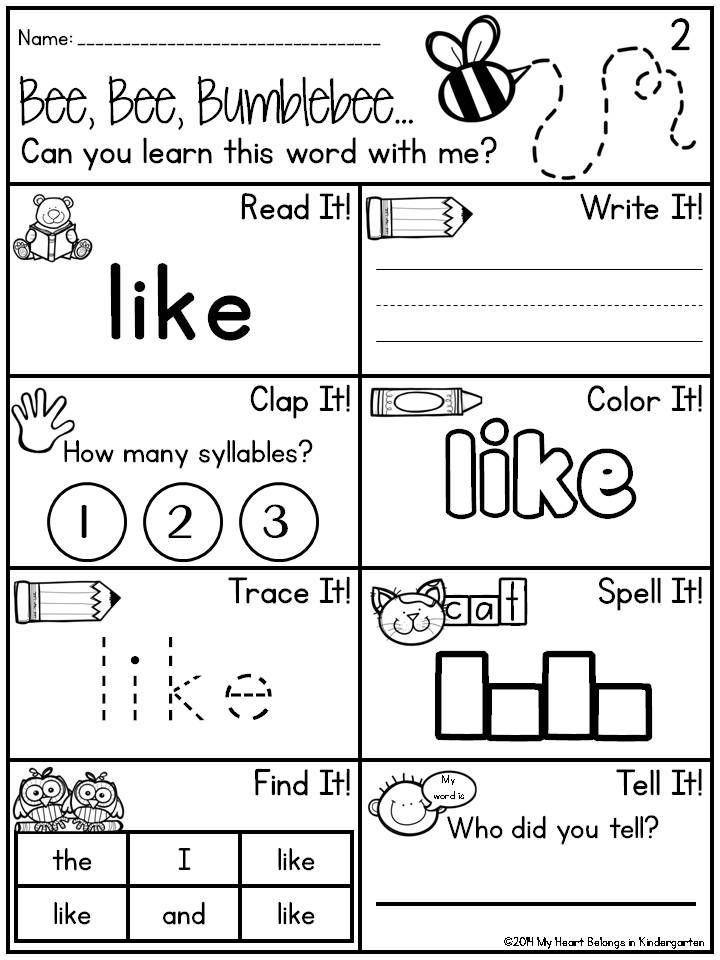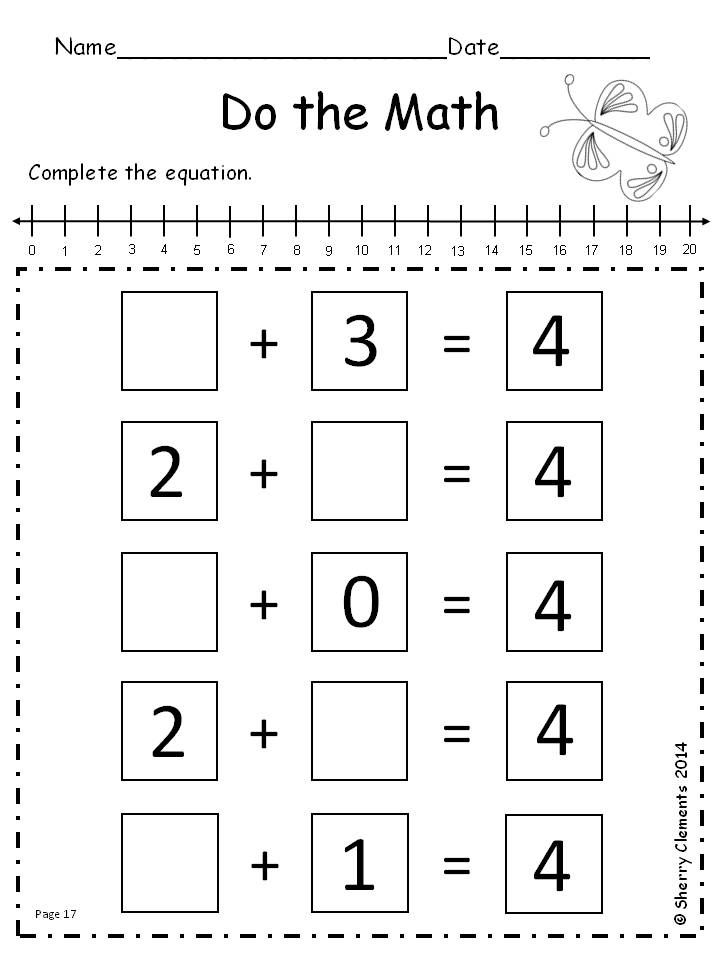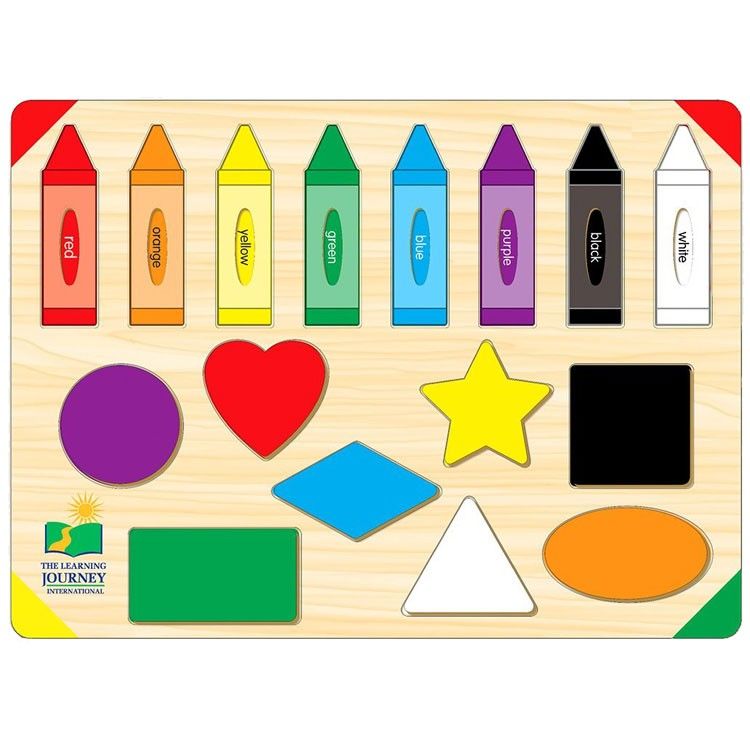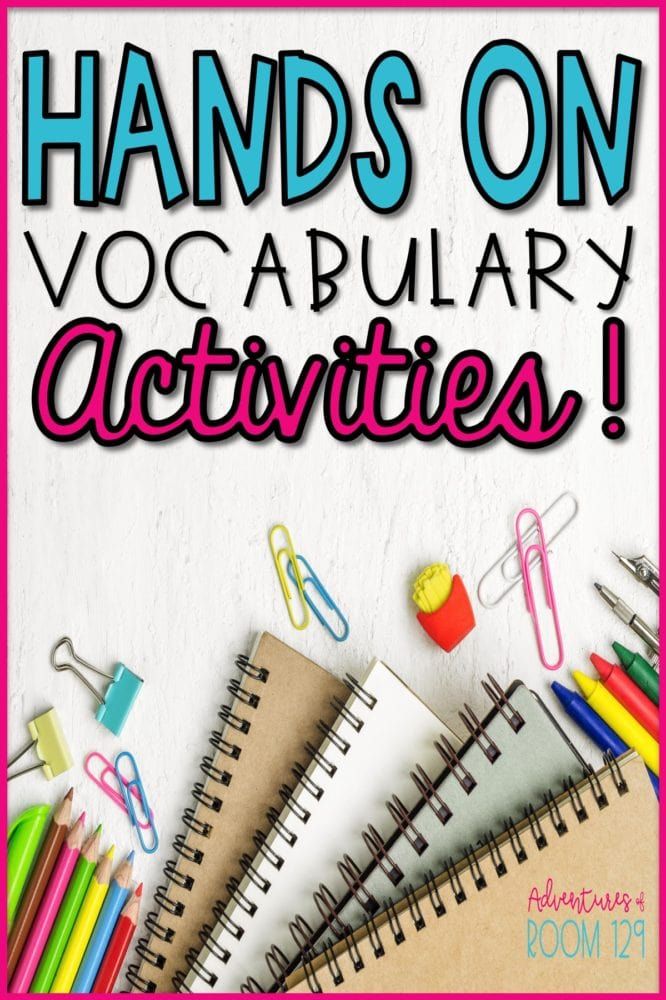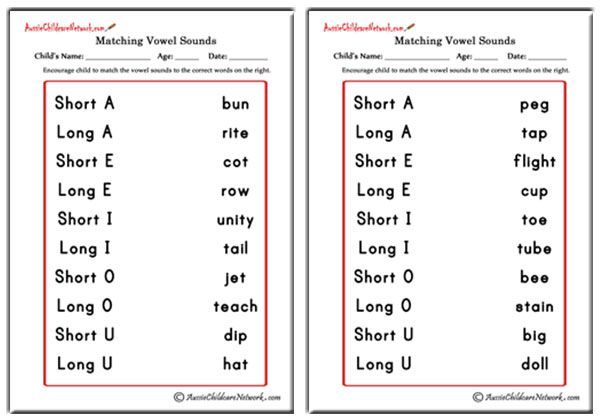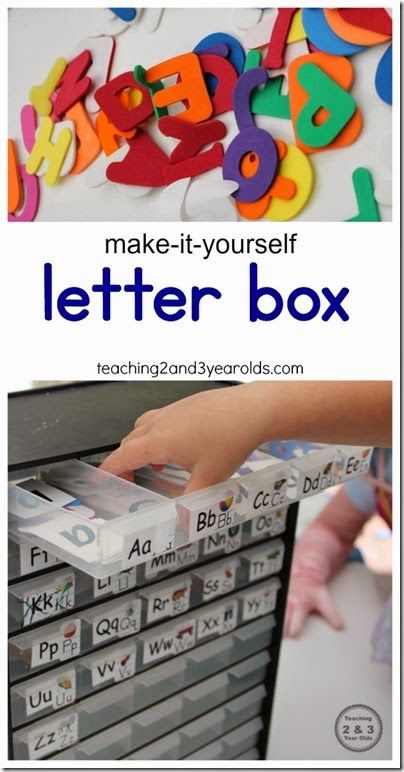Free preschool number games
Learning to Count with these fun Counting Games
- 3-5 Years
- 5-7 Years
- 7-11 Years
- 11-14 Years
Play these fun Maths Games for 3-5 year olds
Choose a Category:
Counting Ordering and Sequencing Addition Measures Money Shape, Position and Movement Data HandlingLearning to count is fun with this range of counting games. Start with the simple counting games and progress to counting a maximum of 15 objects. The games include matching and sequencing numbers activities and are suitable for Early Years Foundation Stage children.
-
Today's Number (to 20)
Our Today's Number game can help early years children to learn the numbers to 20 in a fun way. The various activities help with number formation, recognition, ordering and counting.
-
Teddy Numbers
The Teddy Numbers game can help you to learn numbers to 15. Learn the digits and words for the numbers and the game can help you learn to count too.
-
Underwater Counting
Can you find the treasure in our counting game? You need to count the underwater creatures. This game has two levels: Counting to 5 and Counting to 10.
-
Gingerbread Man Game
Counting and sequencing games where you can learn to count numbers to 10.
-
Ladybird Spots
Three different counting, matching and ordering maths games based on the numbers 1 to 10 for early years children.
-
Helicopter Rescue
Great number square games which will help you to find numbers up to 100 on the number square and count on and back.
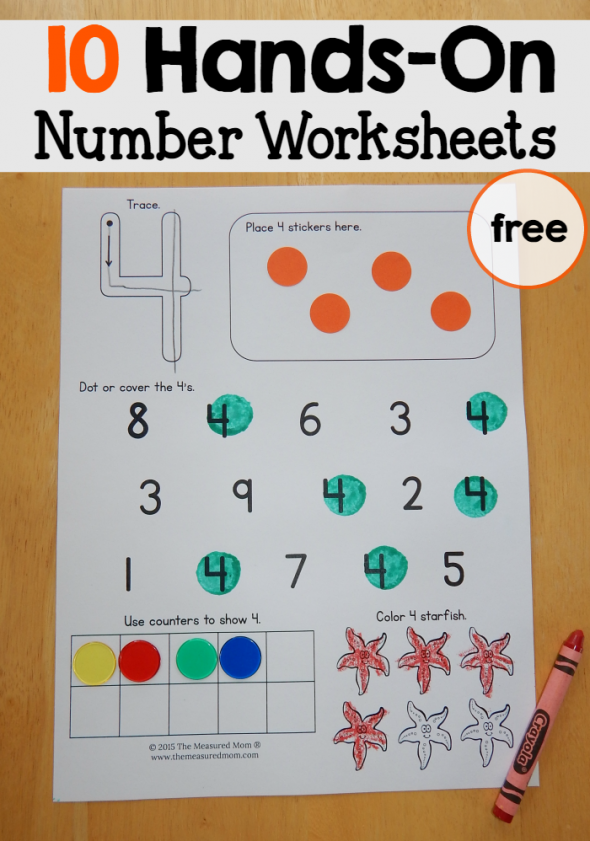 It can help you with adding tens and ones, with early counting to 10 and learning to count to 100.
It can help you with adding tens and ones, with early counting to 10 and learning to count to 100. -
Count the Yeti 1 to 10
Can you count the Yetis? Three different levels with numbers from 1 to 10.
-
Home Time Ladybirds
Count the spots on the ladybirds and drag them to the correct houses. The maximum number of spots is 9 and children will need to subitise to work out the total on each ladybird.
-
Bud's Number Garden
Join Bud the bee to explore his magical garden and practise recognising numbers, counting, sequencing and much more! How many creepy crawlies are hiding in the leaf pile? How many eggs are left to hatch?
-
Bunny Ride
Steer the car to collect carrots for the bunnies and learn to count up to 50.
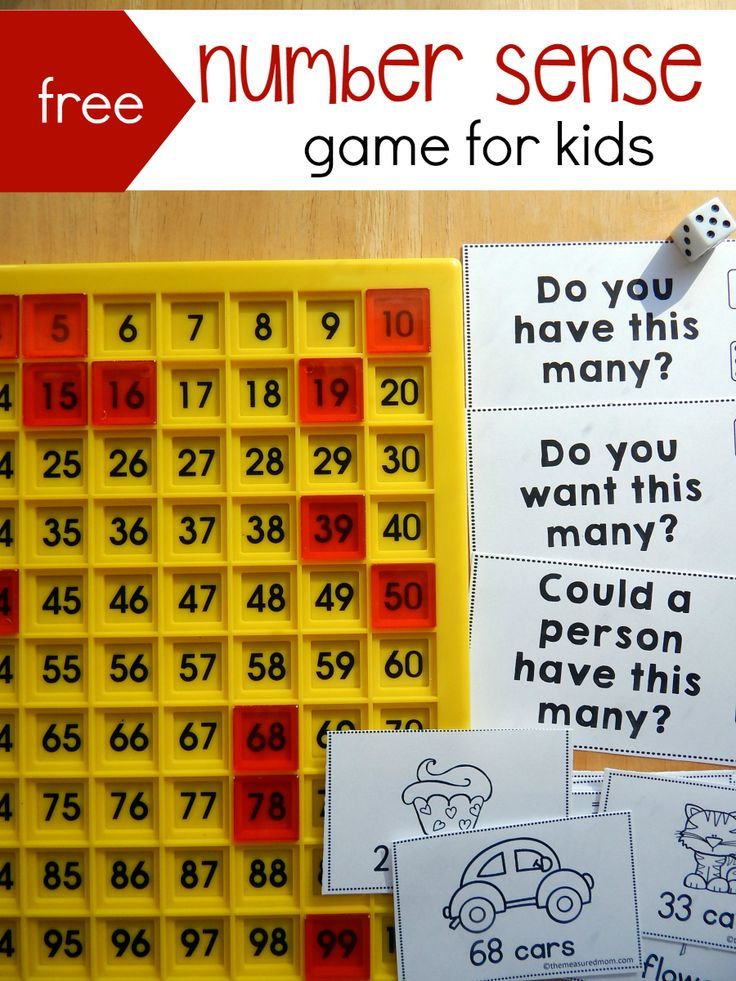
-
Bug Catcher
See if you can guess whether there are more bugs of one colour than another. Then catch the bugs to see if you were right before setting them free.
-
Hide and Seek
A counting game where you need to find from zero to 10 animals, the corresponding numeral and matching number word. You will need to look carefully to find everything.
-
Bottle Take Away
This site is based on the 10 green bottles rhyme, however you can display up to 21 bottles. It is excellent for children who are working on counting backwards and in particular 'one less' than a particular number.
-
Ten Frame Modeller
The Ten Frame Modeller is a useful teaching tool to help children visualise numbers within 10 and also 20.
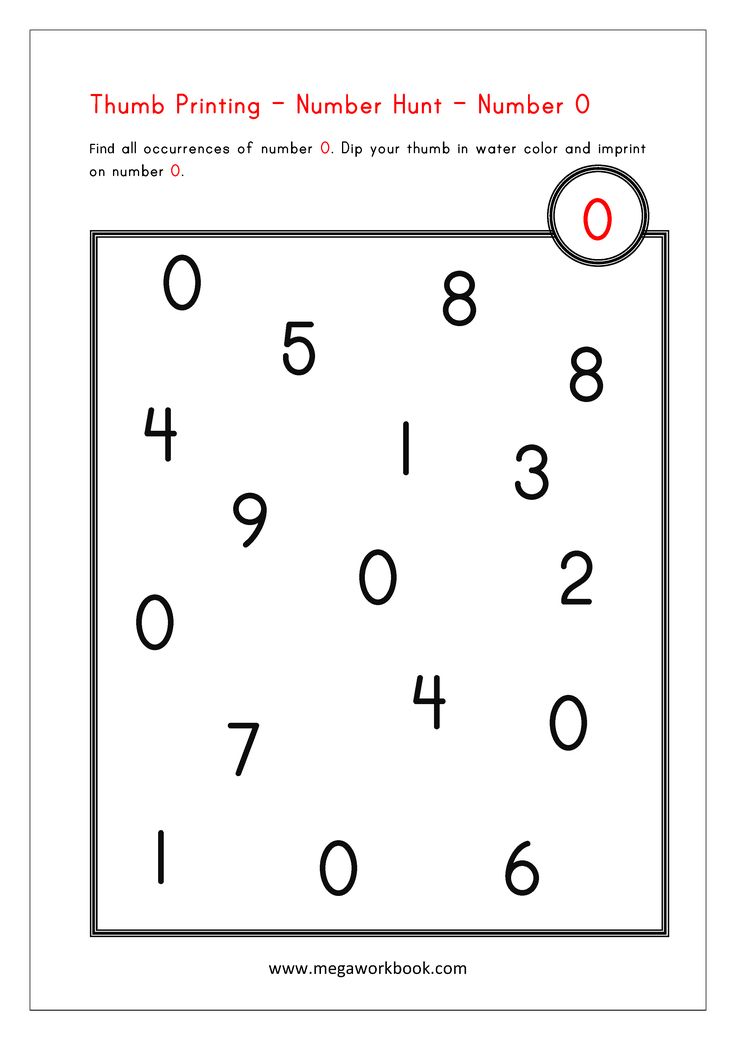 It can be used for counting, addition, subtraction and missing number problems.
It can be used for counting, addition, subtraction and missing number problems. -
5 Fat Sausages
This is a one less action rhyme which can be played to accompany the song. Alternatively the game can be played with 10 sausages. It could be used to predict subtraction to 10 when children are learning number bonds to 10.
-
Ten Frame - 1 to 20
A simple ten frame manipulative which shows either one or two ten frames and counters. You can display either horizontal or vertical ten frames.
-
Roll Dice
A configurable resource which can help children with number recognition and also subitizing the number of dots on a die. Configure the die to show numbers up to 20.
-
Num Tanga Junior
Match the pairs which could be numerals, numbers as words, ten frames, base ten or fingers on hands.
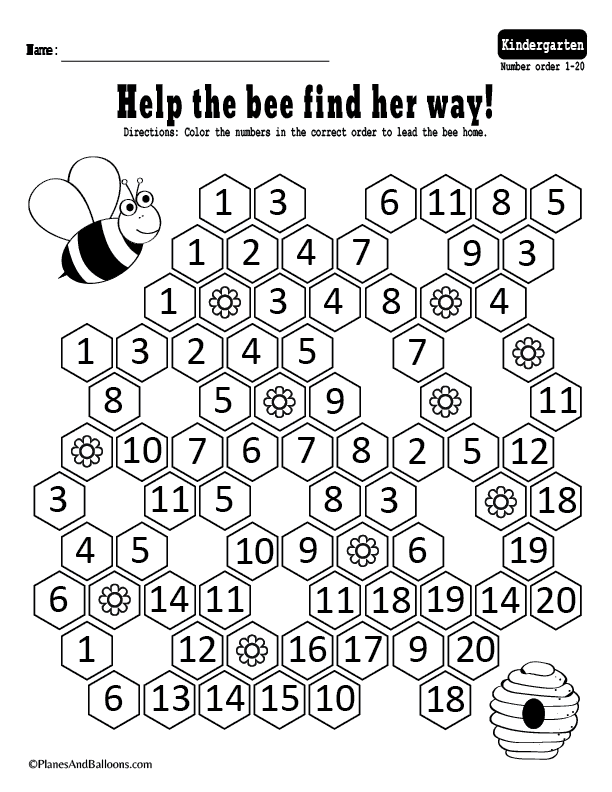 There are different levels the highest of which goes up to 20.
There are different levels the highest of which goes up to 20. -
3-2-1 Snack
A fun early counting game where children practise counting to 6.
-
Bon-Go Go Go!
Can you count up to 10? Count the bongo drum beats to find out.
-
Spring Maths
Counting, ordering, sequencing, number bonds, addition, subtraction, multiplication and more, all set around the theme of Spring.
40+ Free Preschool Number Printables
These free preschool number printables will be a wonderful addition to your collection of number activities for preschoolers! They’re all very low-prep, so you can get to the math fun quickly.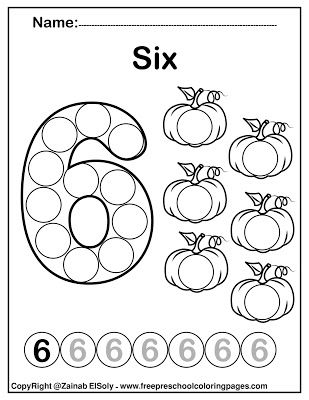
You’ll find a variety of number printables below, from calendar numbers to printable dice games. So many items you can print out and use to teach important numeracy skills to your students!
You can pair the printable number activities with a variety of manipulatives of your choosing. This will transform the two-dimensional math fun into many hands-on learning opportunities for the kids.
Related: Math Activities for Preschoolers
Table of Contents
Free Preschool Number PrintablesWhile I’m not a big fan of preschool worksheets, I do like using interactive printables with the kids. They can supplement hands-on math lessons and let the children practice math skills. PLUS, number printables like those below can often be used in multiple ways. Multi-purpose and interactive is a win in my book.
I’ve broken the free math printables down into categories. This way, it’s easier for you to find what you’re looking for. I plan to keep adding to this collection, so be sure to save it and come back regularly.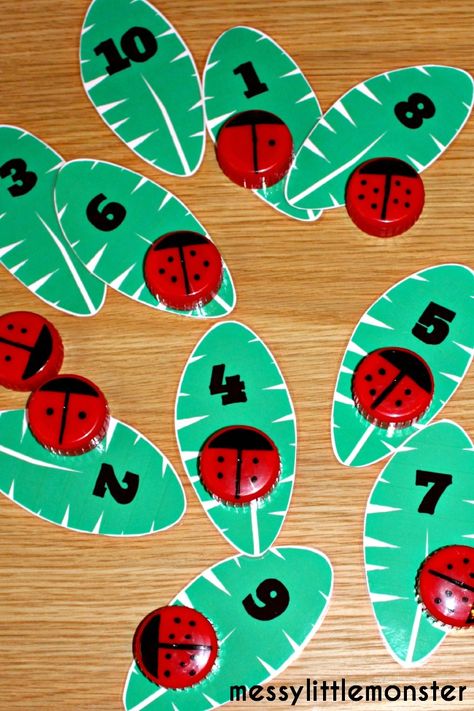
Each link below leads to an individual free printable. You can get access to each of the counting printables through those individual links. To get the most out of this page, follow these steps:
- Take a look through the entire list.
- Make note of the printables you’re most interested in.
- Click the links to the printables you want.
- Grab the free printables through their links. Most often, that is near the bottom of each of the printables’ pages.
Okay, let’s jump into all of the free preschool number printables!
Free Printable Number Books for PreschoolersFirst, we’ll kick things off with printable counting books. I love that these emergent readers can be used to explore both literacy AND math skills with children. They each come with multiple suggestions for using the books with your students.
Keep in mind, the printable number books can also be transformed into counting mats, too! As I mentioned earlier, I love printables that can be used more than one way.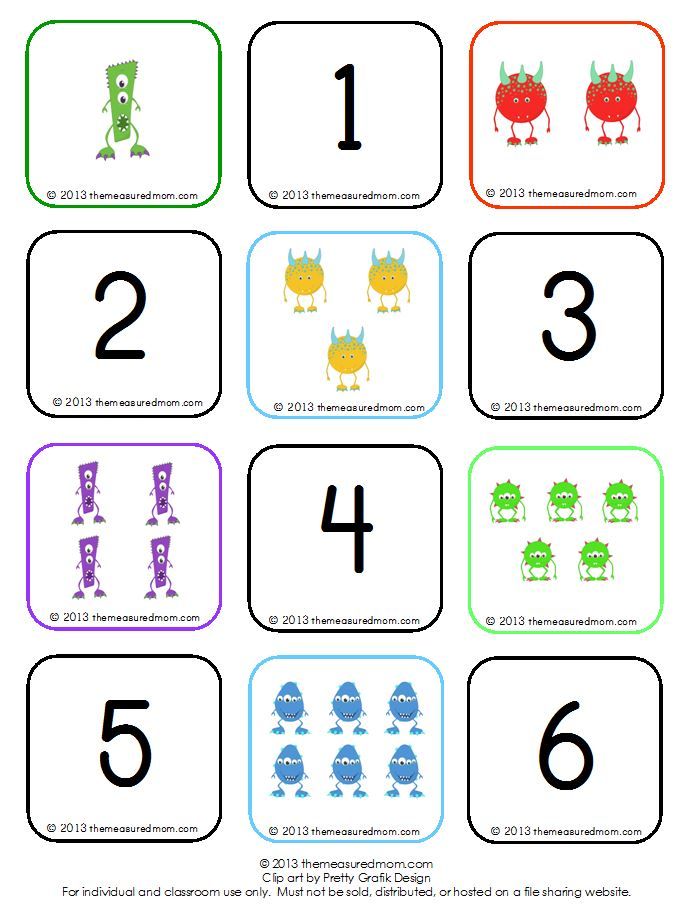
Next up in our collection of free preschool number printables are calendar numbers. You can definitely buy calendar numbers pre-made in many teacher stores. But I’ve enjoyed making my own for a while now. In fact, I have quite a few ready to share with you as the year progresses. Below are the sets I have ready right now. They each contain numbers 0 to 35, and they’re sized to be used with traditional or linear calendars.
The calendar number cards can be used in SO many different ways, with a wide variety of materials. Kids can explore number identification, counting, number formation, and one-to-one correspondence with the calendar numbers.
Printable Number Games for PreschoolersDice games are a must-have when it comes to free preschool number printables. Almost every child I’ve ever worked with (in preschool, kindergarten, and at home) has loved playing number games. You can use them to teach social skills like taking turns.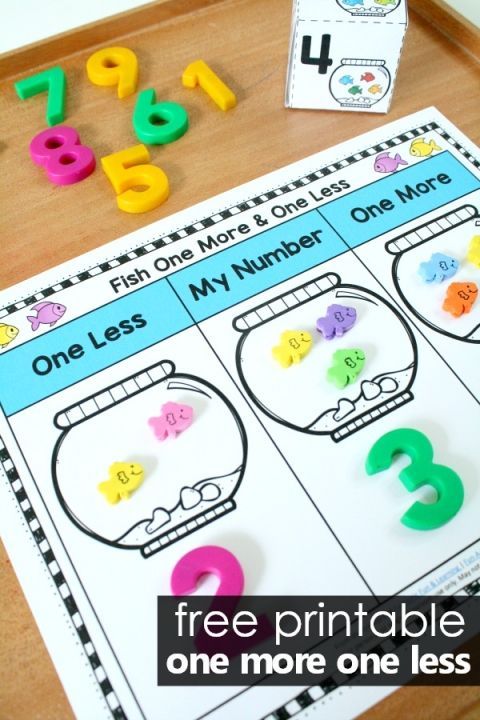 AND there’s all of the math – subitizing and number identification, especially. All from one little printable.
AND there’s all of the math – subitizing and number identification, especially. All from one little printable.
You can let the kids color directly on these number printables, or you can make them reusable with dry erase pockets and manipulatives. Either way, your students will have a blast.
Oh, and I found a few more your kids might enjoy:
- Rainbow Roll and Cover
- Flower Roll and Cover Math Games
- Watermelon Math Game
So many math concepts can be explored through ten frames, right?! Depending on how you utilize them, you can teach number identification, counting, left to right and top to bottom progression, making ten, etc. And they’re pretty simple to turn into math games, too.
The above have been some well-loved ten frames with my students, and I have more coming later this year. So be sure to keep an eye out for those!
I couldn’t help myself – I had to go find a few more ten frames! Be sure to add them to your free preschool number printables:
- Dinosaur Ten Frames
- Ten Frame Gardening Printable
- Apple Ten Frames
- Halloween Ten Frames
- School Bus Ten Frames
I suppose this is the miscellaneous category!? These are the counting printables that are a wee bit different than the calendar numbers, books, dice games, and ten frames I’ve shared above.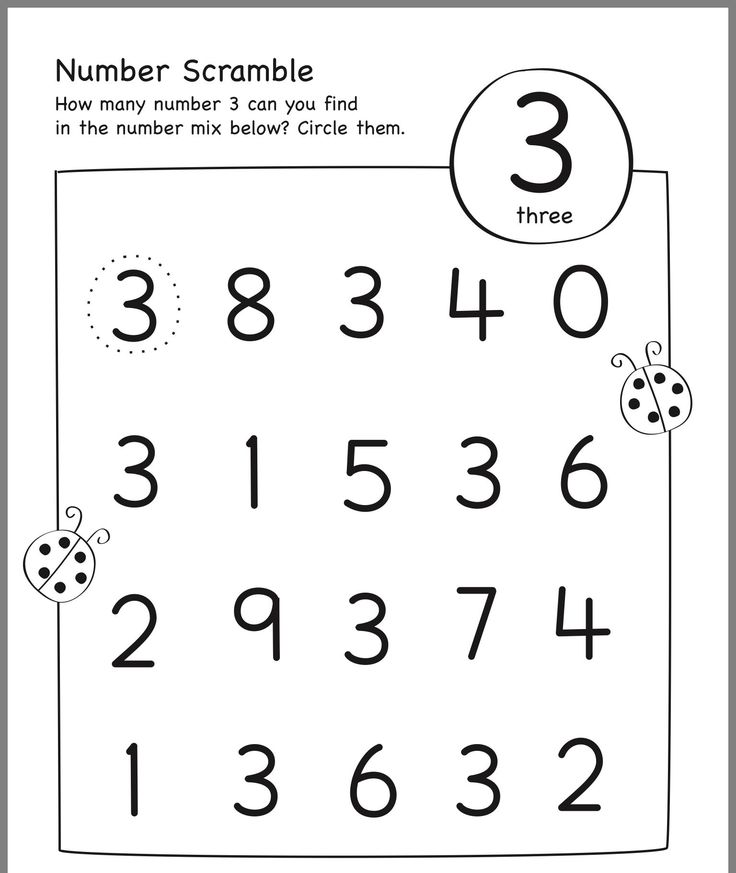 That doesn’t mean they’re any less valuable as tools for teaching about numbers though!
That doesn’t mean they’re any less valuable as tools for teaching about numbers though!
And just a few more to integrate into your number plans:
- Number Fluency Math Printable
- Dot Numbers 1 to 10
- Number Formation Rhymes
Now the big question is, which of the free preschool number printables would your kids enjoy the most?
Materials for Your Printable Number ActivitiesOne of the great things about the various printables shared in this post is that you really don’t need a lot of additional materials!
Here are some items I recommend when preparing printables for the classroom (I may get commissions for purchases made through links in this post):
- Printer
- Laminator
- Scissors
- Dry Erase Pockets
- Stapler
And if you’re looking for some math materials to pair with the free preschool number printables, I’ve got you covered:
- Washable ink pads
- Buttons
- Pompoms
- Crayons
- Dry erase markers
- Unifix cubes
- Dice
Let me know what you and the children think after trying some of these printables!
Done-For-You Preschool Math ActivitiesIf you love the free preschool number printables, be sure to check out the math resources Preschool Teacher 101 has to offer. These are fully-developed packs we created to make your teaching life easier. They cover a variety of early math skills and keep the kids engaged and learning. Click on the images below to check them out:
These are fully-developed packs we created to make your teaching life easier. They cover a variety of early math skills and keep the kids engaged and learning. Click on the images below to check them out:
You can also find us on Teachers Pay Teachers. Be sure to check out The Pack from Preschool Teacher 101 (and grab a free set of lesson plans while you’re there).
online educational games for preschoolers and elementary school students
Preparation for school / Logical thinking / Games
LogicLike has more than 3500 tasks for logic and ingenuity in the game format. Interactive puzzles and puzzles, honeycombs, sudoku, entertaining questions and much more.
Select a student's age to get started
4-5 years old
6-7 years
1-2 class
3-9 grade
I am a parent
I am a teacher
What educational games do children need?
Good logic games develop mindfulness and ingenuity, the ability to find non-standard solutions.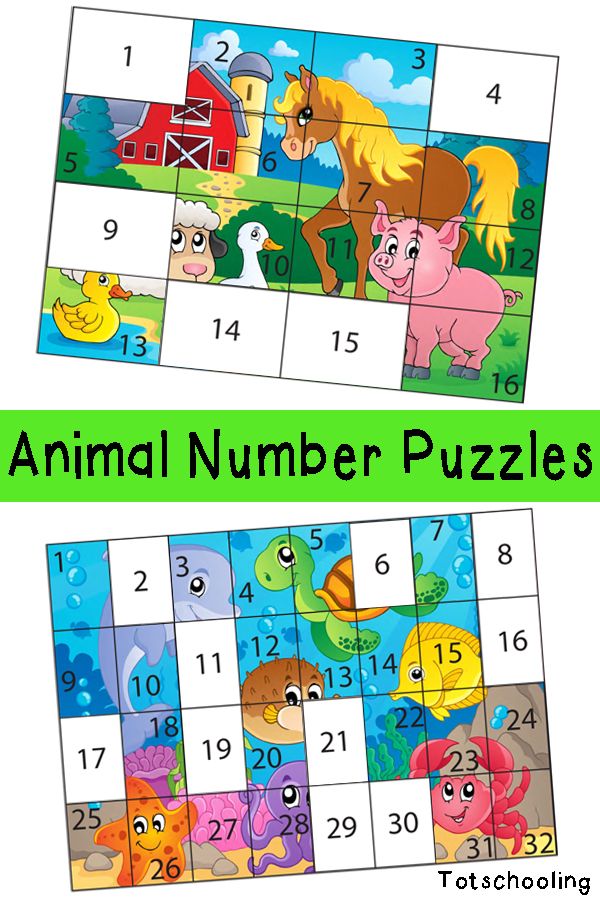
- Freedom of choice, no adult coercion - one of the key points for the harmonious development of the child.
- The game should bring joy and desire to succeed: find the right way to solve the problem, give the right answer, be the first among the participants.
- Children's games for the development of attention, thinking, observation should have a figurative expression, accompanied by clear and vivid illustrations.
- Tasks for preschoolers and junior schoolchildren should consist of simple sentences, not have a double interpretation and relate to objects, phenomena and processes understandable to the child.
- For the development of cognitive interest and ingenuity, we recommend collection of children's riddles from the LogicLike team.
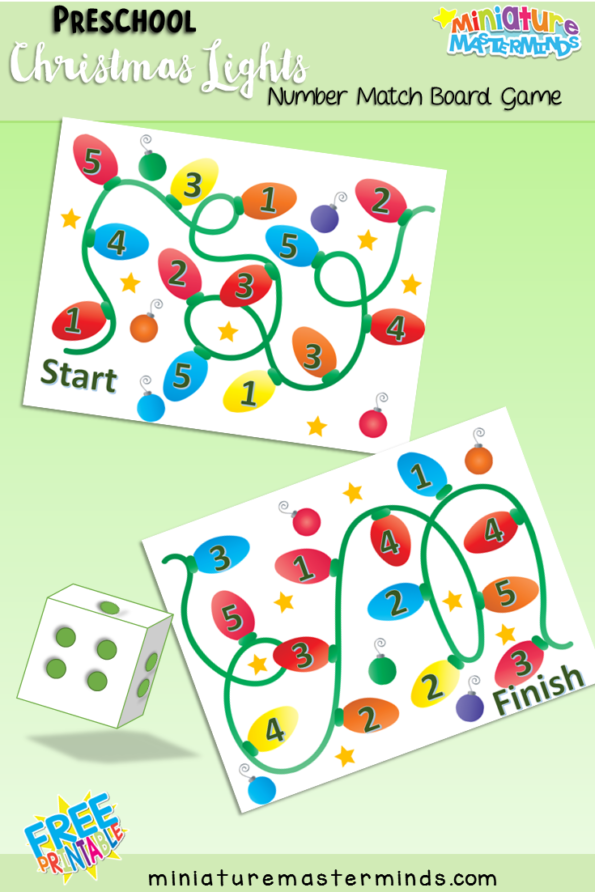 To help parents, teachers, educators, we have chosen the best thematic ones and added our author's riddles suitable for the age of children 4-10 years.
To help parents, teachers, educators, we have chosen the best thematic ones and added our author's riddles suitable for the age of children 4-10 years.
In the game, children learn about the world and constantly develop
A game for a child is a natural, unconstrained activity, the main form of thinking development. and personality. What do children always enjoy doing? Play! alone, with parents or peers, toys or any objects you like.
Through play activity, the child learns the world: learns the properties and characteristics of others his objects, masters social roles and learns to interact with other children and adults acquires skills and proves its viability.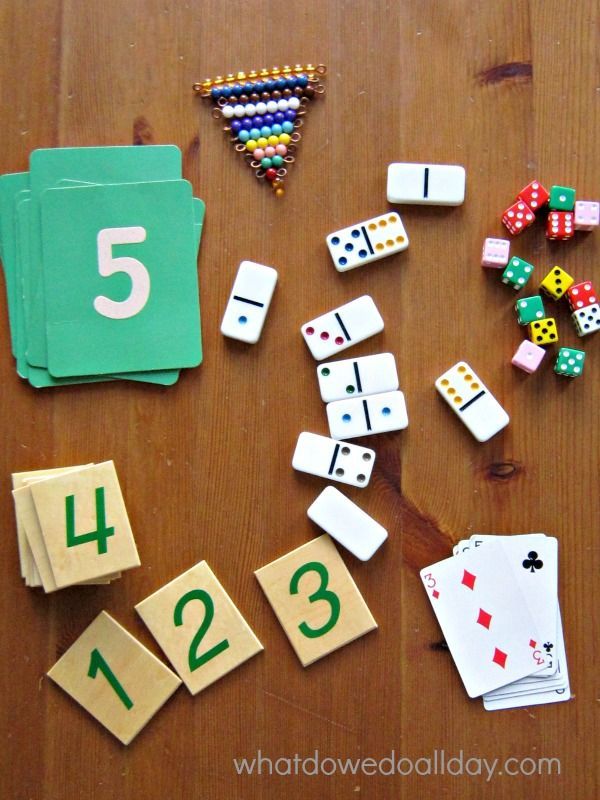
The inquisitive mind of a child is constantly looking for new food for research. And this fact cannot be ignore, on the contrary, it is necessary to use as much as possible for the development and education of toddlers, preschoolers and schoolchildren.
Educational games and tasks online on the LogicLike platform
We have everything you were looking for
Try the LogicLike course!Start the course!
Classes on the site in a game format are fun and effective for development of logic and mathematical abilities.
Logic games, tasks for attention and memory from LogicLike - interesting, interactive.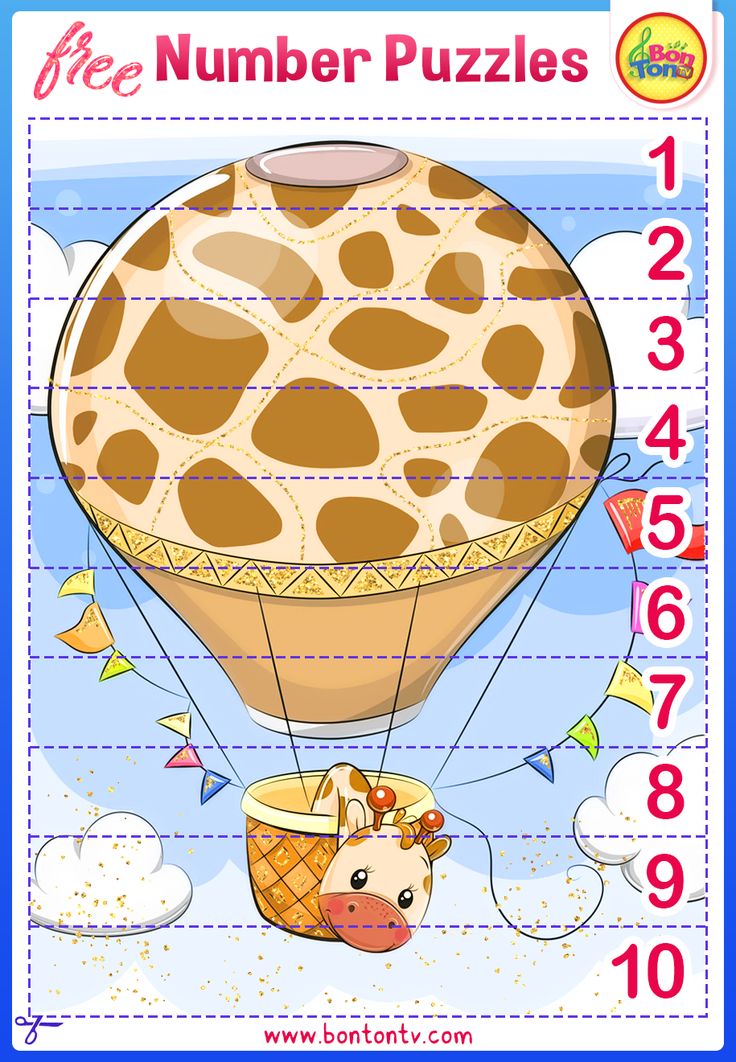 fit for daily activities of children from 5-6 years old.
fit for daily activities of children from 5-6 years old.
Each game has its own educational potential: they develop logic, attentiveness and speed of thought.
The best types of logic games for children 5-10 years old
The use of the game format as the main method of developing logic and thinking is very effectively, especially for students in grades 1-5. Among the many games that develop logic, memory and thinking at For younger students, we recommend the following:
- Chess, checkers. These games have long been recognized the best simulators for abstract thinking, logic, mathematical and predictive abilities. Playing chess and checkers, children learn to analyze the opponent's actions, think over possible behavior options, build logical chains and do independent inferences.
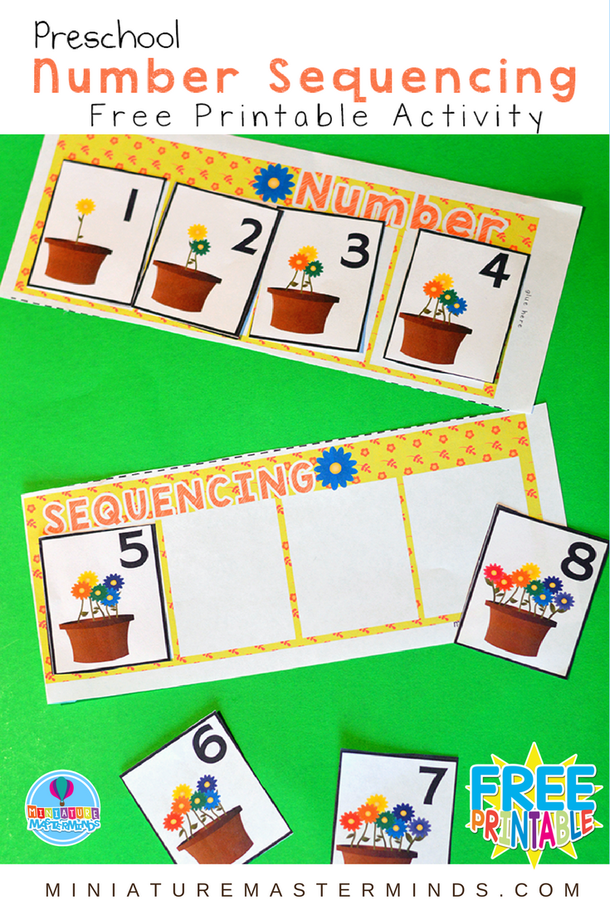 In addition, chess requires a great concentration attention, good memory and certain volitional efforts, while actively working figurative and strategic thinking. Try entertaining tasks on the chess field.
In addition, chess requires a great concentration attention, good memory and certain volitional efforts, while actively working figurative and strategic thinking. Try entertaining tasks on the chess field. - Non-standard jobs . Fulfilling monotonous exercises, the child quickly gets tired, loses interest in the lesson. To support mental activity at a high level, children need to be offered unusual tasks. Solving tasks makes the child's brain work more actively, be more attentive.
- Olympiad tasks for children. Solving examples, problems, equations, algorithms, using a coordinate system, construction projections and other mathematical actions are directly aimed at the development of logic, spatial thinking, analytical abilities, contribute to the formation systemic thinking and intellectual abilities in general.
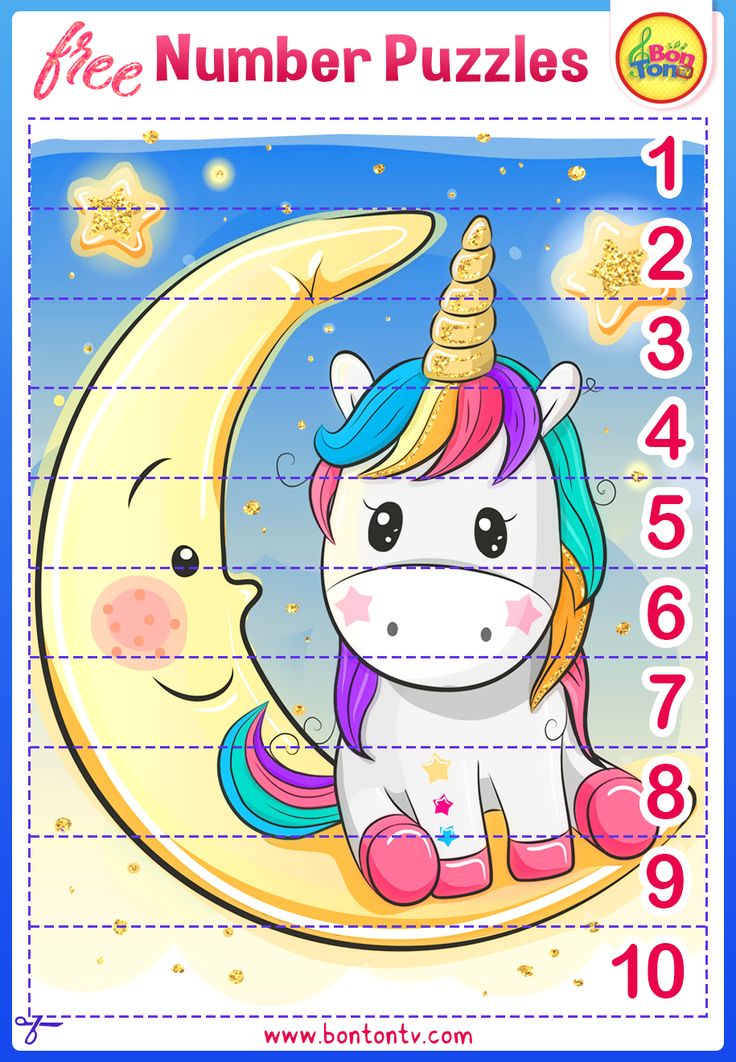
- Numeric and other math puzzles. Their use will make the learning process more exciting and varied. For the development of logical thinking, a gradual complication of tasks and lack of uniformity.
- Logic tasks and riddles on logic. Deciding tasks on logic, memory and thinking, the child learns to establish logical connections, analyze and compare data, classify objects, identify their common properties and features, generalize, perform other logical actions. Children love to solve riddles more need to think, reflect, the more excitement and pleasure they get. The clue is not must be obvious.
- Jobs from matches.
 In children 5-7 years old, visual-figurative thinking prevails, therefore they especially like tasks for moving objects.
In children 5-7 years old, visual-figurative thinking prevails, therefore they especially like tasks for moving objects. - Puzzle - popular kind of intellectual games for both children and adults. There are interesting puzzles in format of logical problems, riddles and trick questions, independent games for the development of logic and thinking (anagrams, cryptograms, various types of crosswords, scrabble, sudoku, etc.) and simulators (logical frame, Rubik's cube, logical snake and others).
There are more than 10 entertaining sections on the LogicLike platform: logic games, puzzles, puzzles, tasks and other tasks. Regular exercise helps to train memory, quick reaction and attentiveness.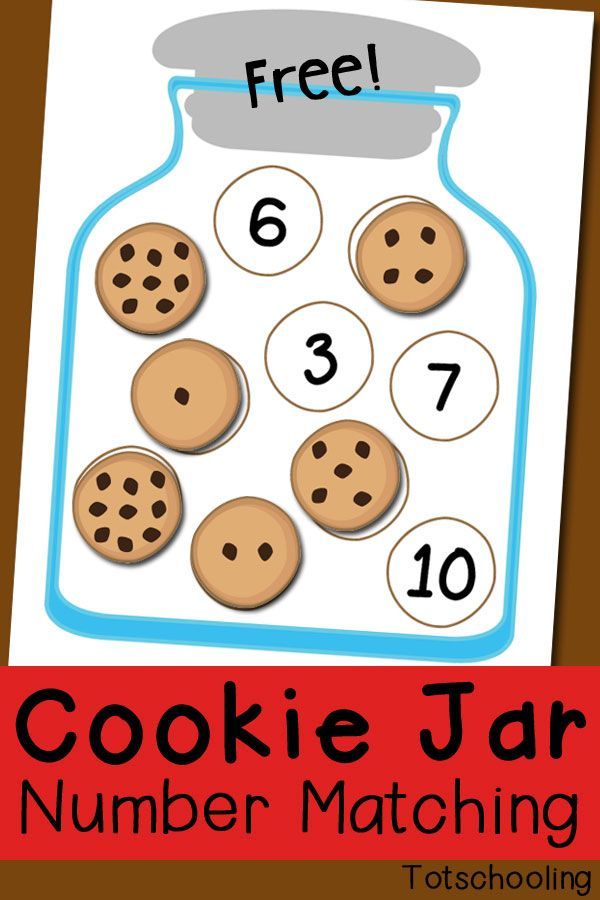 Multilevel program, complex and systemic development of thinking and logic at children.
Multilevel program, complex and systemic development of thinking and logic at children.
Math game "Number Mazes"
Math game "Number Mazes"
| 12+ Media certificate EL No. FS 77 - 70917 License for educational activities No. 0001058 | User agreement Contact and legal information |
| Pedagogical community | Free all-Russian contests | Free certificates | Need help? Instructions for New Members | Free online school for grades 1-4 |
Everything for certificationPublication in the collectionWebinarsLapbooksProfessional testsOrder reviewsNews
Library0003
▪ Teaching games
Material published
13
#Mathematics #Native Language #Otherwise #Russian Language #FSOS-Didactic materials #All teachers #Organizer Extracurricular and extracurricular work #Methodist #Class teacher #Subject teacher #Primary school teacher #Teacher of additional education #Educator #Psychologist #Speech therapist #Defectologist #Preschool education #Educational game
Mathematical game "Number Mazes"
Purpose: development of attention, mathematical thinking.